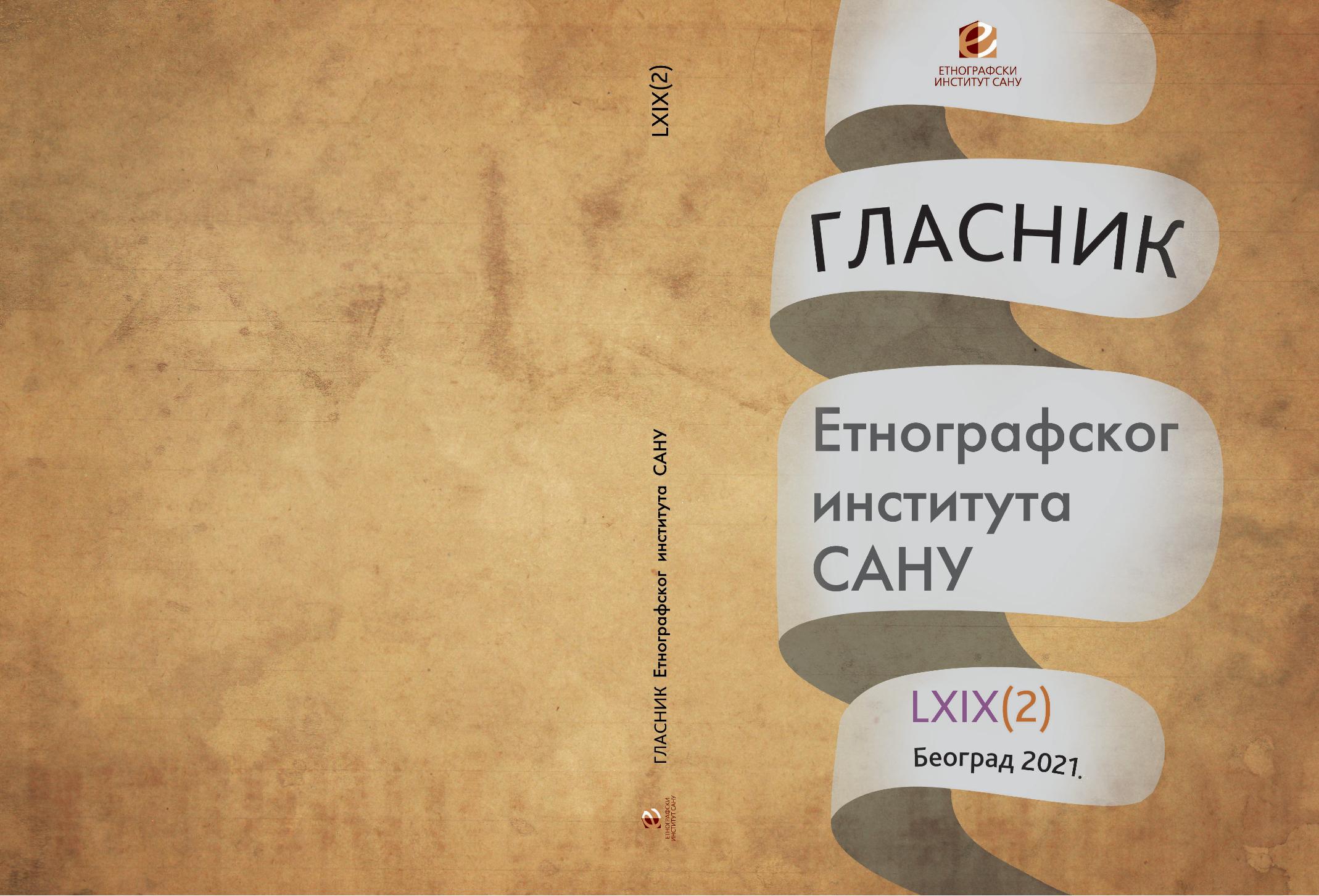Forced (Im)Mobilities En Route: ‘Justified’ Violence of the Border Regime in Balkans
Forced (Im)Mobilities En Route: ‘Justified’ Violence of the Border Regime in Balkans
Author(s): Teodora JovanovićSubject(s): Studies in violence and power, Migration Studies
Published by: Етнографски институт САНУ
Keywords: coercion; force; structural violence; border regime; migration
Summary/Abstract: In this article, I explore the violent consequences of the post-2015 EU border regime for people from the Global South lingering through the Balkans. I intend to show that securing EU’s external borders through asylum and border management in Balkans is based on coercion and force, despite the efforts of the people on the move to transgress these borders and achieve decent lives. The efforts of people on the move to cross borders – which are officially closed for them – could be understood as force as well. Regardless of the legal status and ‘motives’ of displacement, people waiting and moving on the ‘Balkan route’ experience situations characterized by structural, direct, and cultural violence and respond to these situations in different ways. Pointing out to more or less hidden patterns of violence occurring at the EU’s external borders in the Balkans may challenge popular categorizations that at the same time oppress and protect people on the move. These patterns of violence are justified – but not justifiable – by the securitization of EU and national borders. By displacing violence as the so-called “push” factor from the countries of initial displacement (i.e. countries of the Global South), I aim to acknowledge that it continues to be perpetrated en route. Patterns of violence in the Balkans further produce forced mobilities and forced immobilities. People on the move cope with these forced (im)mobilities in different ways.
Journal: Гласник Етнографског института САНУ
- Issue Year: LXIX/2021
- Issue No: 2
- Page Range: 433-455
- Page Count: 23
- Language: English

